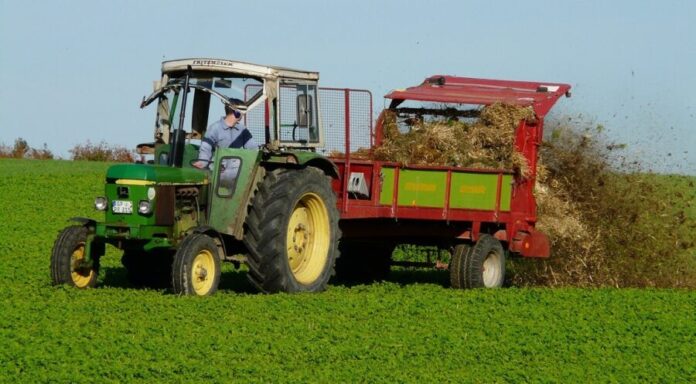In the Gorno-Badakhshan Autonomous Oblast (GBAO), Sughd and Khatlon areas, as well as the Districts of the Republican Subordination, WFP concluded regional level school cook competitions (DRS), a new report states.
Among the 2,000 schools taking part in the WFP’s SFP in 52 Tajik towns and districts, this is the inaugural school cooks competition. The competition aims to motivate school cooks to advance their culinary knowledge and abilities and increase the variety of school meals.
The competition is held in collaboration with the Russian Federation’s Social and Industrial Foodservice Institute (SIFI), the Tajik Ministry of Health and Social Protection of the Population, and the Ministry of Education and Science of Tajikistan. The cooking competition’s finals will take place in Dushanbe in January 2023.
The Russian Federation contributed $4 million to WFP Tajikistan in December to assist its School Feeding Program. This will allow WFP to feed 450,000 primary school students hot meals every day in 2,000 schools all around the nation.
In the Bobojon Ghafurov District, WFP held a gender-based violence awareness event in collaboration with the local government and the Association of Women and Society. Sessions on women’s empowerment were attended by 100 women and students, emphasising the importance of women in ensuring food security and coping with climate change. The event’s participants showed an exhibition specifically for this day. The WFP Country Office also put on a number of events to educate its personnel and posted on social media about this effort.
For the examination of the nation’s Integrated Food Security Phase Classification (IPC), the WFP finished a food security survey of 7,000 households. The goal of the IPC study is to categorize each district’s level of food security, giving the government of Tajikistan and its development partners crucial data for organizing interventions in the future year. For January 2023, the final IPC workshop is scheduled.
In 2022, WFP finished the final phase of result monitoring for its programmes supporting resilience and nutrition.
Overall, the dietary diversification and family food security of those receiving WFP assistance have increased.
WFP began distributing 40,000 tree seedlings (apple, pear, apricot, cherry, and nut) as part of the Green Climate Fund (GCF) initiative for planting in 400 hectares of orchards to be constructed in six districts, which will aid in reducing erosion in the targeted areas. The GCF project seeks to increase the most food-insecure populations’ income diversity and so increase their climate resilience. Additionally, it will assist in generating assets through the participation of participants in community works to enhance their food security and nutritional status as well as manage land and natural resources sustainably.



